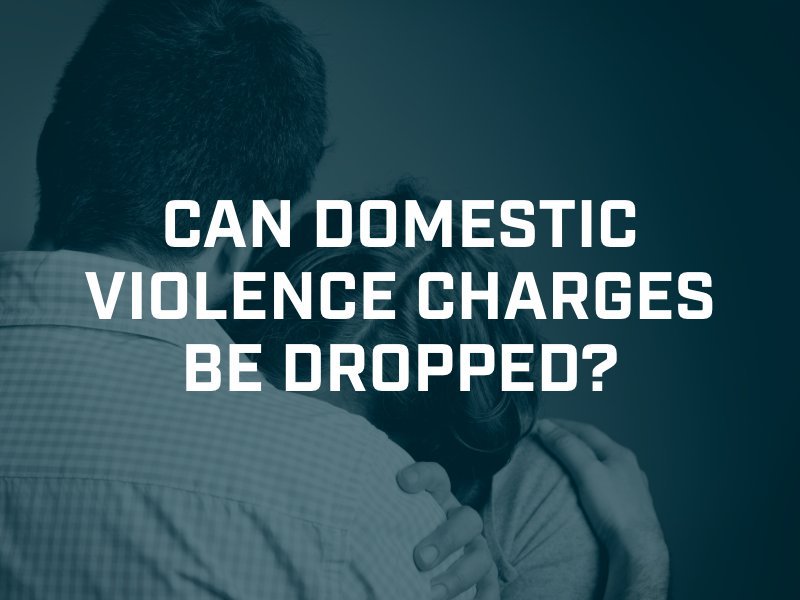
Posted on May 14, 2020 in Domestic Violence
Domestic Violence charges in Arizona are a common occurrence; they should not be taken lightly and are a serious problem for everyone involved. It is a crime that can be charged as many crimes by the state, and the consequences of a conviction are harsh and life-altering for everyone involved. What if, after the domestic violence arrest takes place, the victim doesn’t want to press charges? Does this mean that the charges will be dropped? No, this is not the case. The prosecutor, not the victim, is prosecuting the domestic violence (DV) case. Therefore, only the prosecutor can dismiss the case. Commonly, the victim does not want to prosecute. The prosecutor will not dismiss the case simply because the victim does not wish to prosecute. However, the victim’s lack of cooperation can lead a prosecutor to dismiss the case.

If a victim does not appear at trial, the prosecutor may dismiss the case if there is not sufficient evidence to convict the accused without the victim’s testimony. Some prosecuting agencies will subpoena the victim for trial, while others do not.
If the victim is so uncooperative that there is no reasonable likely chance of conviction, the prosecutor may dismiss the case. Keep in mind, if the victim testifies inconsistently from the prior inconsistent statements that she or he previously gave to the police, the prosecutor will likely impeach her or him with their previous inconsistent statements.
It is important to note that after a Domestic Violence arrest, the victim may at the time have been as a result of someone accusing you. This could result in an order of protection being filed against you, forbidding you to return to your home or see your children. Once a judge grants the application, and it is served on you, you must abide by the terms, even if it means not having contact with your children, so long as the court’s order also covers them. What happens if the situation is resolved and the victim would like to drop the order of protection?
Unlike a domestic violence criminal case, the victim can drop an order of protection. In a criminal case, the prosecutor is the only one who has the authority to dismiss the case. However, an order of protection is not a criminal matter; it is a civil matter. The victim could drop the order of protection even if it arose from the same facts as a pending criminal case.
The person who originally asked for the order of protection can go back to the issuing court and ask the judge to dismiss the order. Keep in mind that if there is a pending criminal case with release conditions that preclude contact between the defendant and the victim, these conditions will still be in place. A Phoenix criminal defense attorney can help you make sense of the evolving situation and assess your option.
The legal team at AZ Defenders has decades of experience in handling violent crimes such as domestic violence cases. Do not face these charges alone. With the severe consequences of these criminal charges on someone’s reputation and future, it is in your best interest to call a top-rated domestic violence defense lawyer in Phoenix today—free initial consultations available today by phone or video in addition to in-person office appointments. Contact our office online or by calling 480-456-6400 today.